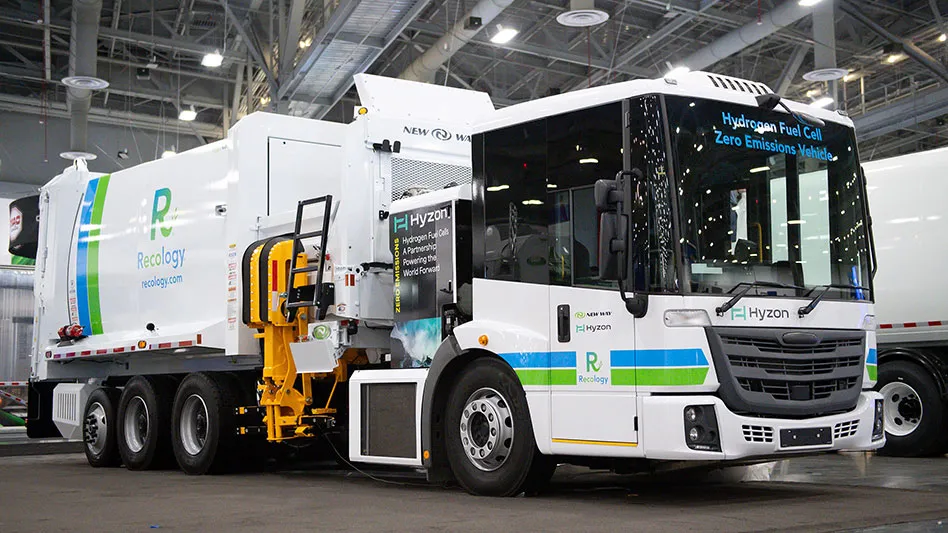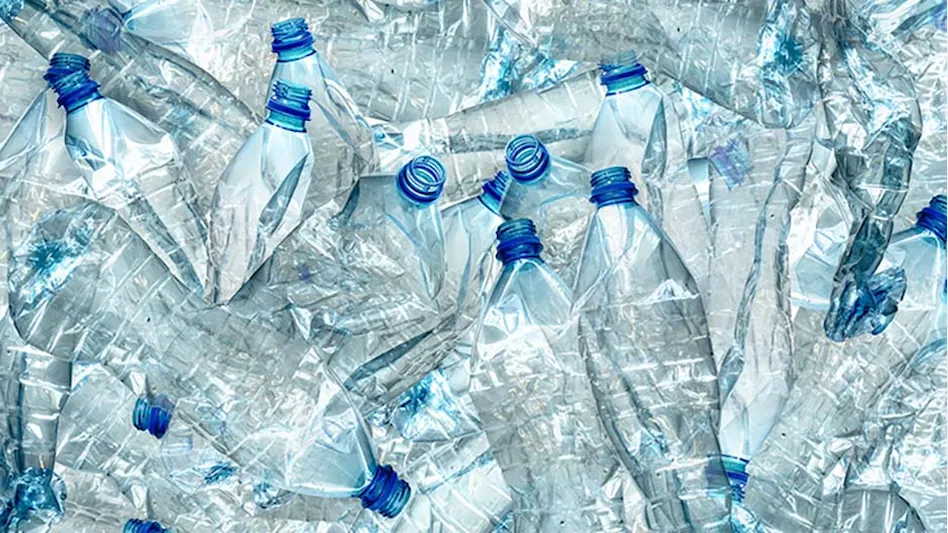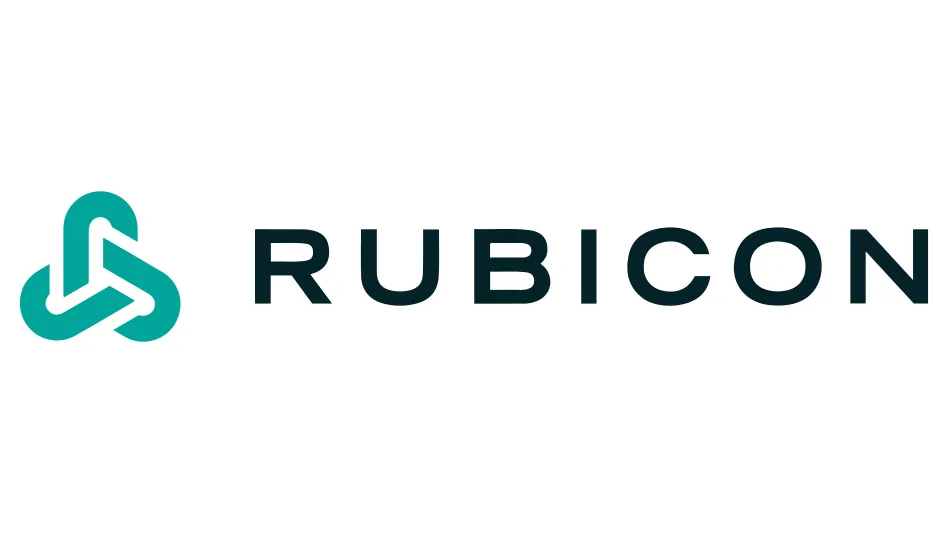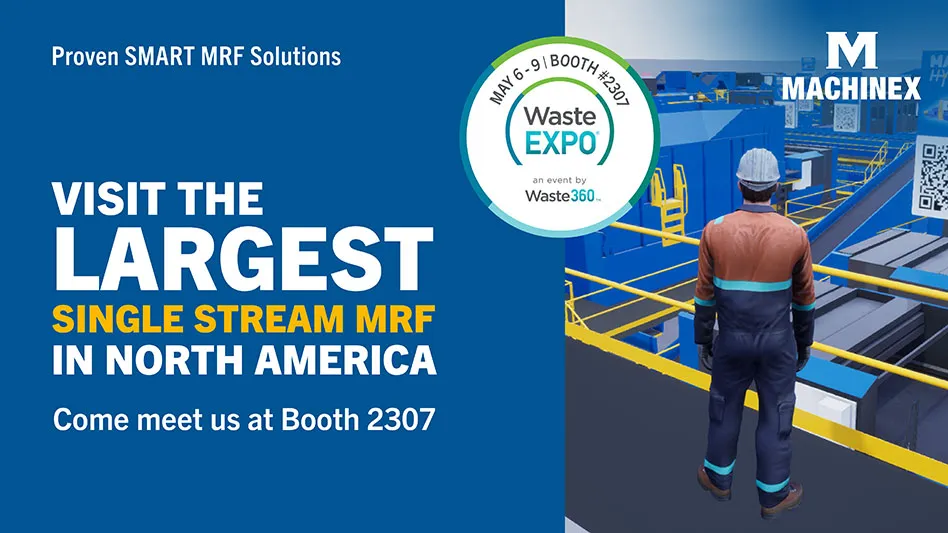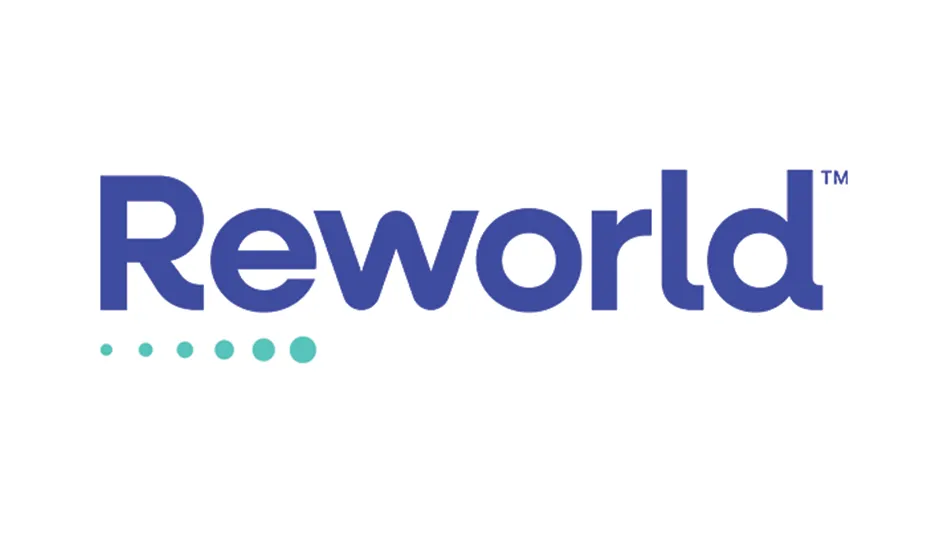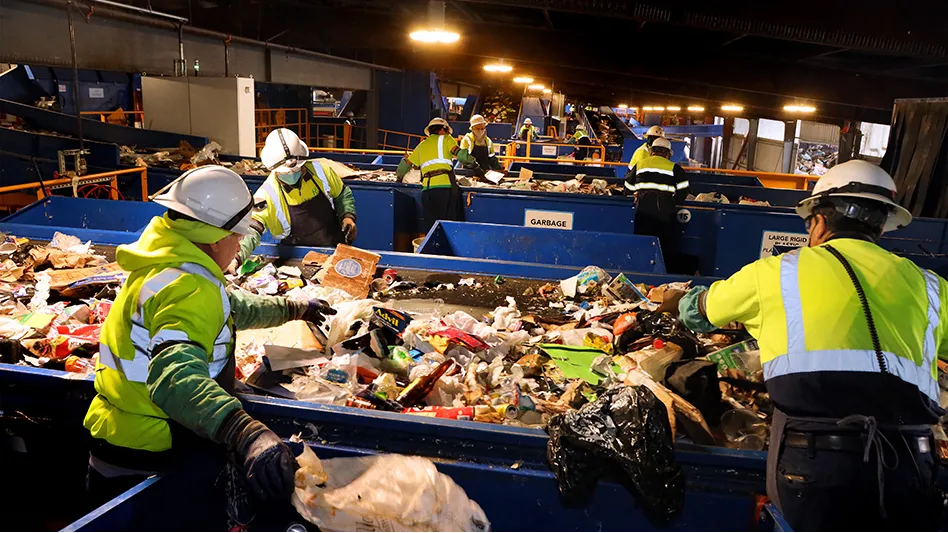
Photo courtesy of Recology
The Recology Sonoma Marin business unit of San Francisco-based Recology is preparing to open its new material recovery facility (MRF) in Santa Rosa, California, Jan. 29.
Technology deployed in the MRF includes seven optical sorters, and Recology says the facility reflects its efforts to shift the industry from traditional waste management to resource recovery, "in pursuit of a world without waste.”
The new MRF will process mixed recyclables from 13 communities in Sonoma and Marin counties in California and is predicted to achieve a recovery rate of 85 percent for materials collected. Recology says that would mark an improvement from the previous facility’s 75 percent rate.
“This plant gives customers peace of mind that the recyclables they put in their blue bin will be properly recycled,” says Logan Harvey, senior general manager of Recology Sonoma Marin. “Investments like these show that recycling can work, and Recology is here to make sure that it does work.”
The $35 million plant, which took 10 months to build, measures 85,000 square feet and includes 109 conveyor belts, according to Recology, with the combined length of the conveyors measuring 1.58 miles.
"I’ve worked in the recycling industry for 25 years and have toured many MRFs," says Leslie Lukacs, executive director of regional government agency Zero Waste Sonoma. "Recology’s new state-of-the-art facility is a game changer in maximizing the diversion of recyclable materials from the landfill and shows their commitment to recovering resources for our community.”
The new MRF has the projected capacity to process nearly three times the amount of material as the previous facility—up to 400 tons per day compared with 150 tons previously.
Recology engaged recycling equipment manufacturer Machinex to help design, fabricate and install the system.
“The result of our collaboration is one of the highest capacity recovery systems on the West Coast," says Chris Hawn of Machinex.
Inside the facility, recyclables are separated by hand sorters and by automated equipment.
Seven optical sorters use infrared light and air nozzles to sort materials and remove contaminants. They send clear plastic water bottles one way and colored detergent bottles another. A spinning magnet picks up steel cans and sends them to a conveyor belt leading to a high-density baler.
An eddy-current separator repels aluminum cans in another direction. Recycling workers at the “last-chance line” grab any plastic bottles that make it past optical sorting machines.
“The system is designed to ensure that the recyclable material we collect has multiple opportunities to get separated and recycled,” Harvey says.
Recology says it is continuing to invest in recycling and composting systems and infrastructure to divert waste from landfill.
“With these investments, we continue to pursue our vision of a world without waste while advancing the circular economy and supporting our local communities,” Recology CEO Sal Coniglio says. “We aim to be a climate partner to the communities we serve, and this is a significant step toward that."
Recology is a 100 percent-employee-owned resource recovery company providing collection, recycling, curbside composting and outreach and education to customers in California, Oregon and Washington.
Latest from Recycling Today
- Pure Loop celebrates ISEC shredder-extruder at NPE
- New Alpla PET wine bottle cuts carbon emissions
- Ascend Elements, Call2Recycle to offer customized EV battery services
- Novelis quarterly, full-year net sales down; CEO reports ‘strong improvements’
- Meeting the decarbonization challenge
- Cyclic Materials expands leadership team
- Paper cup acceptance at US mills reaches new milestone
- EPA announces $3B to replace lead service lines

